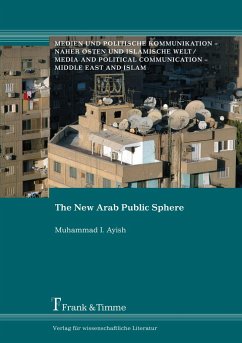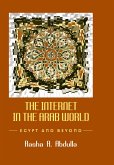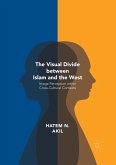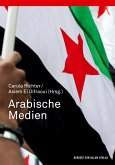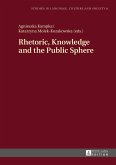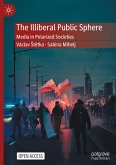Since the 1990s, a new Western intellectual tradition has argued that global transformations sweeping the Arab World mark a shift in Arab political communications. Western writers have taken the introduction of new media technologies as manifestations of a new - more democratic - public sphere. Such arguments have been closely aligned with Western efforts to bring about democratic reforms to a region long shackled by 'political authoritarianism'. In this book, the writer takes this vision to task for failing to grasp the real dynamics of an Arab public sphere. The author argues that we could never conceive of the Arab public sphere outside the boundaries of sustainable egalitarian and participatory political developments in Arab societies. He harnesses the notion of 'Islamo-cracy' to put forward a new public sphere perspective that draws on both Islamic moral values and contemporary political practices. This synthesis holds a great promise both for inter-Arab World communicationsas well as for dialogue with other cultures.
Bitte wählen Sie Ihr Anliegen aus.
Rechnungen
Retourenschein anfordern
Bestellstatus
Storno

